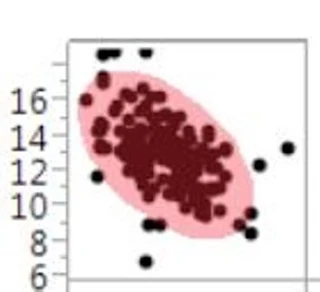Honeycrisp is a very difficult apple to grow. One of the most vexing things about Honeycrisp is its vulnerability to Calcium deficiencies in the fruit.
Calcium transport within the apple tree is a matter of wing-of-bat and eye-of-newt. There are root/soil interactions. There are rootstock/cultivar interactions. There are leaf/twig interactions. And then there are interactions between other nutrients and Calcium; notably Potassium competing with Calcium.
Another thing that is vexing about Calcium deficiencies is that the fruit can go into storage looking beautiful and the fruit can break down even though refrigerated. More than one grower has signed a contract to deliver fruit that was in his cooler only to discover that he did not have a salable product to ship as he pulled the bins out to put them on the truck.
Rootstocks
There is a lot of research going into breeding rootstocks that are specifically tuned to deliver much Calcium to the fruit. One of the things scientists discovered is that there is a large amount of variation within existing, commercially available rootstocks.
 |
| Ironically, most Honeycrisp is probably planted on M9 rootstock...the worst choice for Calcium levels in Honeycrisp |
Commercial growers will keep spraying with Calcium supplements for additional insurance. But choosing the right rootstocks is going to be critical to home growers.



Honeycrisps are good eating, one of my kids' most favorite apples. Quite interesitng all the work that goes into apples. Are you planning on adding some calcium to the soil yourself?
ReplyDeleteI am going to spray with calcium nitrate. The fruit will absorb it right through the skin.
DeleteI don't have any Honeycrisp in Eaton Rapids but I do have one or two varieties that have Northern Spy in their breeding. That seems to be a common factor.
I used G.935 rootstock which is one of the worst choices for calcium uptake. You pays your money and you take your chances.
I didn't know that. Thanks for the info!
ReplyDelete